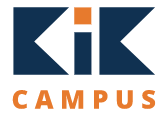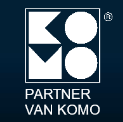News
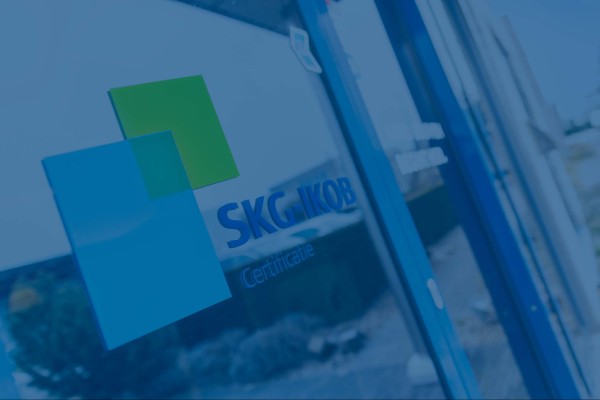
Step 3 of the Safety Culture Ladder required at ViA as of July 1, 2026
Signatories to the Governance Code of Safety in Construction (GCVB) will apply step 2 on the safety culture ladder as of Jan. 1, 2022. Its purpose is to increase safety and health awareness within the construction industry. The transition from step 2 to step 3 was planned for Jan. 1, 2025, but the GCVB has decided to postpone this transition by 1.5 years.

The Safety Culture Ladder 2.0 is effective Jan. 1, 2024
The scope of the safety culture ladder has broadened considerably in recent years. With this broadening came more comments on the Handbook / Certification Scheme as well. This has now resulted in a complete revision of the Safety Culture Ladder and the emergence of the new version: Safety Culture Ladder 2.0 (SCL 2.0).

Amendments to ISO management system standards.
On Feb. 23, 2024, ISO (International Organization for Standardization) published amendments applicable to our management system standards iso 9001 and ISO 14001, among others. Organizations with ISO 9001 or -14001 certification must consider whether climate change affects their management system goals and whether action is needed. ISO thus commits to combating and adapting to the effects of climate change.

Quality certification: also within reach for small VvE offices.
As of December 1, following the Royal Notarial Association's Model Regulations for VvE Managers, the requirements for the VvE Manager Certificate are further focused on small management offices. As a result, an independent assessment of the quality delivered by all VvE managers is within reach.
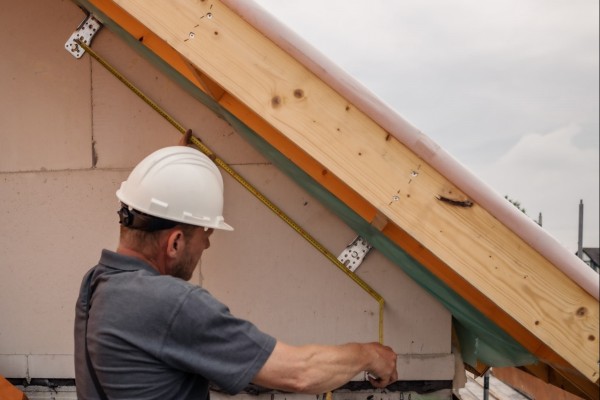
Be certified for participation in the Building Quality Assurance Act! Get certified by SKG-IKOB!
On January 1, 2024, the WKB will go into effect, also known as the Quality Assurance Act for short. This law moves the assessment of the building requirements of a structure from the municipality to an independent party, the so-called quality assurance company.

Certificate holders BRL 9500 : Using innovative recording and/or processing methods.
From the market we receive various signals that innovative recording techniques are being used and that the elaboration of the recorded data is being outsourced to companies/persons, who then have the elaboration done by non-EP-qualified persons. In some cases, these non-EP certified persons are also located abroad.

Testing of stone strips
The BRL 1330-1 "Adhesive for application in systems for facade finishing with strips" is ready. SKG-IKOB has years of experience in testing this type of system. During testing on test panels and even entire walls, the adhesive system consisting of strip, adhesive and substrate is exposed to extreme climate changes.

Reliable condominium managers, they exist!
A survey by Vereniging Eigenhuis reported that 76% of respondents were dissatisfied with their VvE Beheer. Back in 2006, this prompted several parties to set certification as the benchmark for VvE Managers.
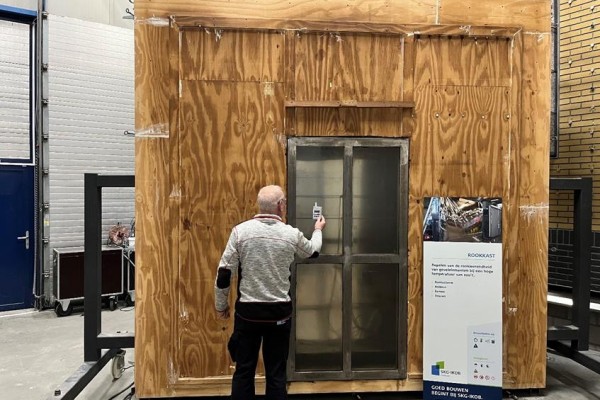
New capacity and test facilities for smoke resistance tests EN 1634-3
SKG-IKOB laboratory accredited and Notified Body
The complete fire safety concept of a building extends far beyond the fire resistance of the supporting and separating structure. Previously, it was assumed that the smoke resistance of a structure was determined by determining the fire resistance to the flame density (E) criterion of a separating structure.
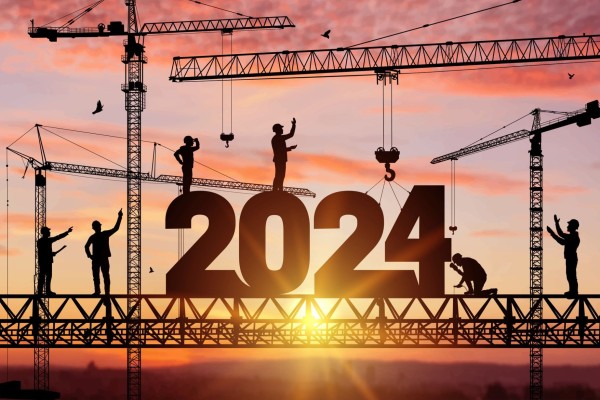
Environment Act and Quality Assurance Act effective Jan. 1, 2024
On Tuesday, March 14, 2023, the 1st House of the States General agreed to the introduction of the Environment Act - which includes the Building Quality Assurance Act (WKB) - as of January 1, 2024. This will shift the system of supervision of new construction from municipalities to independent, qualified, quality assurance agencies. One can only be a Quality Assurer in the sense of the WKB if one is qualified by an Instrument Provider for Quality Assurance approved by the government for that purpose.
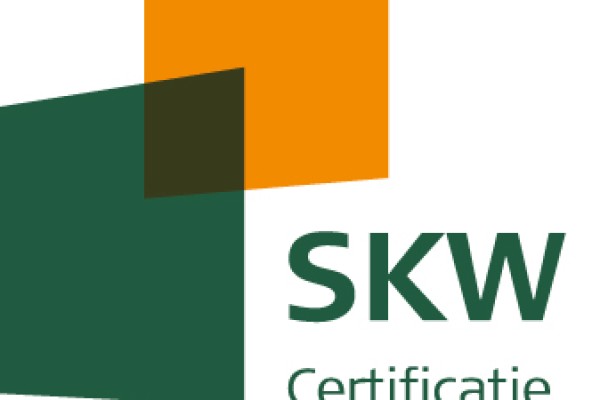
SKW Certification becomes SKG-IKOB Certification
In 2023, the SKW Certification brand name will disappear completely and continue under the name SKG-IKOB Certification. Already in 2013, IKOB-BKB and SKG merged and SKW Certification has been part of SKG-IKOB Certification ever since, but always as a separate brand name.
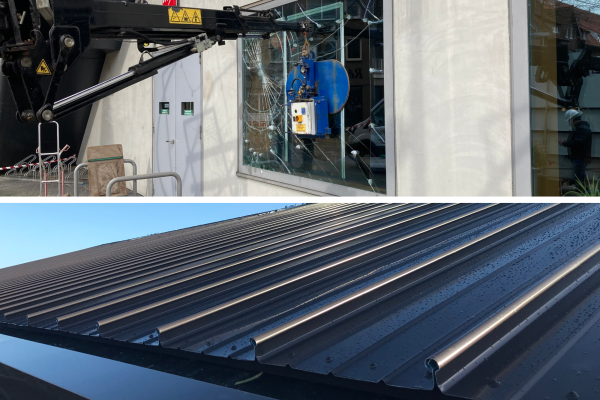
Expansion of the scope of SKG-IKOB's branch approvals
The Building Quality Assurance Act (Wkb) requires the market to make it even more transparent and demonstrable that at least the requirements of the Building Code are met. A quality assurance company checks this on behalf of the client. This is done using an assurance instrument at building level. This law gives contractors more responsibility for the quality delivered. The new system requires that participants in the construction process deliver demonstrable quality.
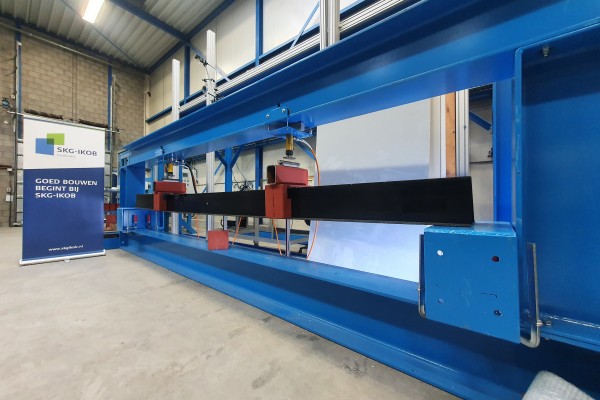
SKG-IKOB has new test rig for testing lintels for masonry work
SKG-IKOB Certificatie has recently acquired a new set-up in the laboratory for testing lintels. With this setup, lintels with lengths up to 4.5 meters span can be tested for bending strength and shear strength.

Internal vocational training Takkenkamp Vastgoed Verduurzamers B.V. deemed adequate
In May 2022, Takkenkamp Vastgoed Verduurzamers B.V.'s internal professional training courses for the BRL 2110 Cavity Wall Insulation and the BRL 1332 Spraying of Ground Floors with PUR Foam have been deemed "adequate."
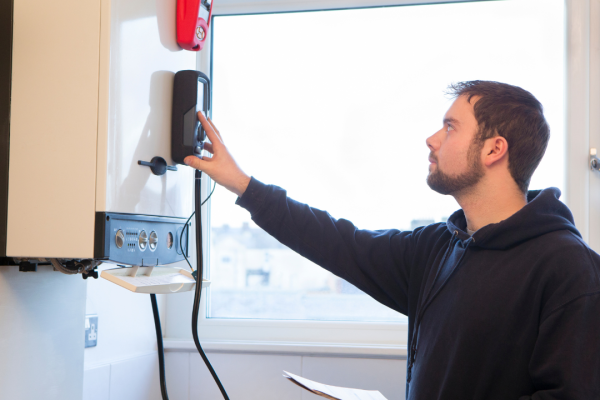
More certification capacity for Gas Boiler Act!
Limited capacity at certification bodies has played a role in the minister's decision to delay the introduction of the Gas Boiler Act until April 1, 2023. Not enough companies have been certified to legally require certification by January 1, 2023, writes Hugo de Jonge of Housing in a letter to the House of Representatives.


